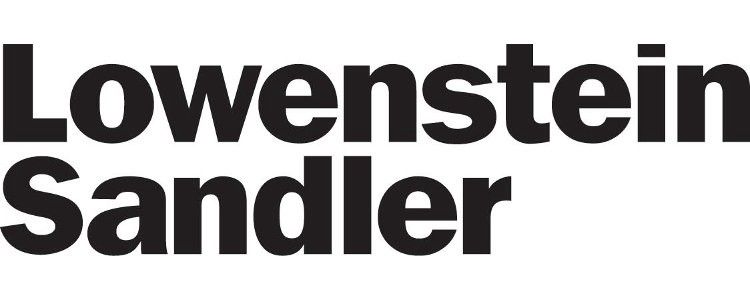You’ll get the sense from me that I’m a very good cheerleader for tech in Utah, I think there are a lot of good opportunities here from a tech standpoint.
What is it that brought you to Utah? For myself, Beehive born and bred, this is a moot point — Utah flows through my veins in the same manner chocolate milk flows on wild weekend nights in certain BYU dorm rooms. For those who have made the conscious decision to move to Utah after spending their earlier years in other areas, there are a variety of reasons. Winter season is an obvious attraction, a white-out that attracts ski and snowboard bums from across the globe, sinking its long, cold fingers into the hearts of those who crave blankets of fresh, unending snow. Many Church of Latter-Day Saints members move to Utah for obvious religious reasons, a haven when they can make fun of people for drinking alcohol, not the other way around. And for reasons most relevant to this article and website, Utah’s tech and startup scene offers an incredibly attractive value proposition for techies willing to move — low cost of living, high demand for developers, and a long list of prominent companies to choose from.
If you’re familiar with law firms, you know that Lowenstein Sandler is a national brand, sporting offices in New York, New Jersey, Washington DC, and Palo Alto. This list has recently grown a little longer with the opening of a new office in Centerville, Utah, as Lowenstein Sandler looks to open a new avenue into the Utah tech and startup scene.
“The national law firm is general practice, but our Tech Group is focused here in Utah,” said Kevin Grange, partner at Lowenstein Sandler. “You’ll get the sense from me that I’m a very good cheerleader for tech in Utah, I think there are a lot of good opportunities here from a tech standpoint.”
Grange grew up in Davis County and graduated in electrical engineering from Utah State University, then honed the finer points of patent law while attending law school at Santa Clara. It was this combination of tech, law, Utah, and Silicon Valley that precipitated Grange being chosen to lead Lowenstein’s charge into Utah, with the hope of expanding access to new hires and companies.
“We’ve looked at it from the IP (intellectual property) standpoint, why Utah is so attractive,” Grange said. “We’ve got two law schools here that tend to have very strong candidates in the IP practice of law. From a business standpoint, it started making a lot more sense to tap into these potential hiring pools, people that have the right technical backgrounds to service our clients and generate additional clients.”
Essentially, startups revolve around communities. A person starts a business, they start working with other entrepreneurs in their immediate community, then that community begins working alongside other communities until you have a global network of connected entrepreneurs. This is how an individual can start a business with nothing and work towards everything. This idea of connected communities is very important in the tech and startup world, where connections can be the difference between making and breaking a company. As Utah’s star continues to rise as a tech and startup community, more people outside state borders are taking note — VilCap Communities recently launched in Salt Lake City on March 18, a global effort to connect entrepreneurs throughout the world. Lowenstein Sandler subscribes to this same theory of communities-connected, one of the main reasons why they created VentureCrush, a related set of community-enhancing programs developed and run by the Tech Group. The more communities Utah can connect with, the better.
“We try to connect communities where that makes sense, I think that’s respected in our industry,” Grange said. “People recognize we’re not just looking for the next way to get a client or a few dollars, we really have this long-term vision of how we can connect clients to the right communities because in the end, the tech scene will be better.”
Utah’s tech and startup scene is already thriving — you can take my word for it, or if you’re particularly inquisitive, perform a Google search on Pluralsight, Qualtrics, Domo, InsideSales, or Vivint. The more this community continues to grow, the more attractive Utah becomes to other communities, increasing the likelihood of outside companies (like Lowenstein Sandler) planting roots in the Beehive State and connecting Utah inside of a global network. Think of it as the rocket fuel needed to launch a startup community into orbit, ensuring proven companies get the recognition they deserve and early-stage companies get the connections they desire. Lowenstein Sandler is doing their part to help fill the tank and believe it or not, the time for launch is at hand. Let the countdown begin….
“Why is it that there are dollars flowing here, but not as many companies on a dollar-per-deal metric?” Grange said. “I think it’s because the startups in Utah have to prove themselves even more so than a startup would in Silicon Valley because they’re in Utah. As a result, the money that they need — because they’re already proven — ends up being really big. And you don’t have to look very far for some of those examples.”
Published 3/29/2016




